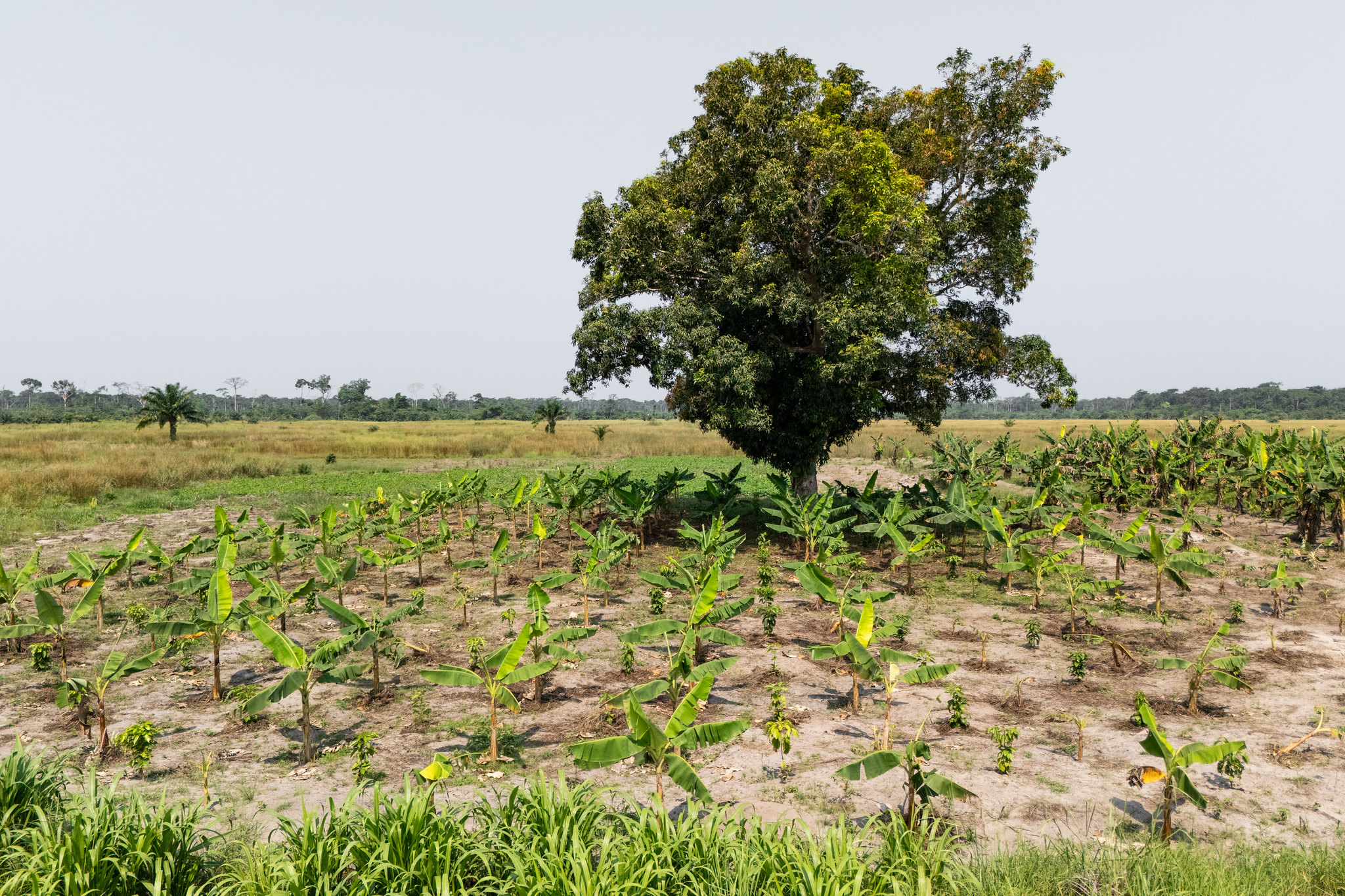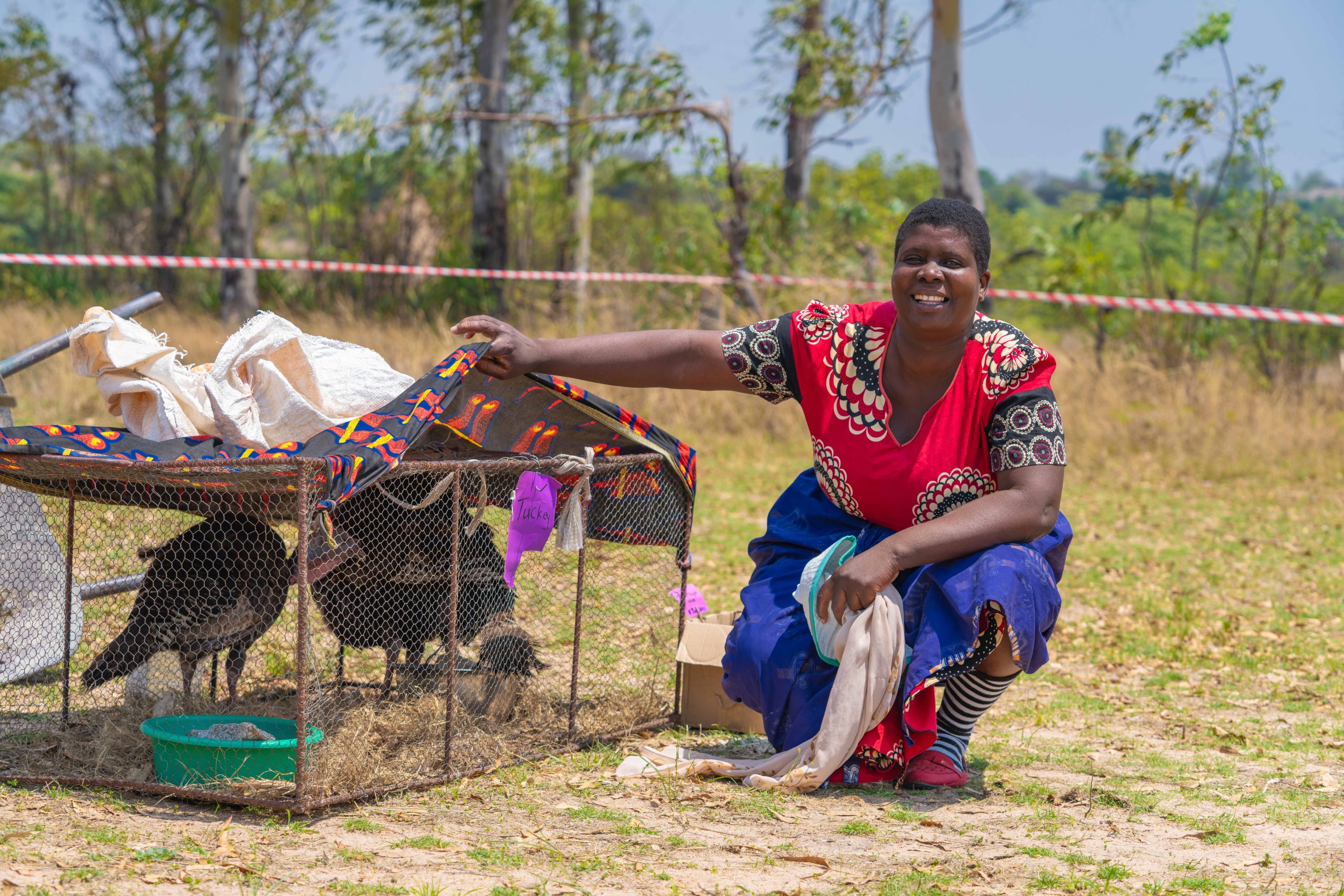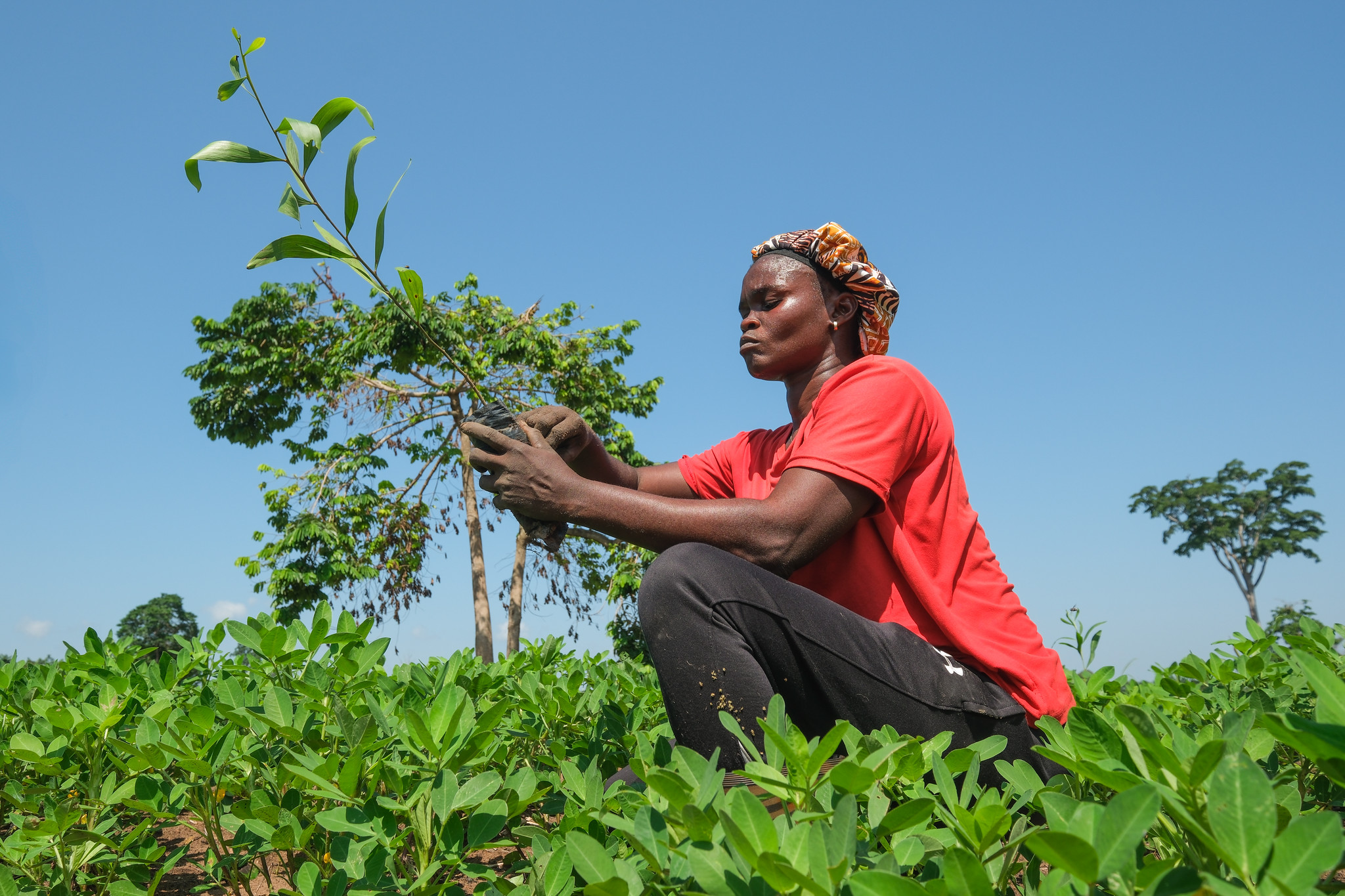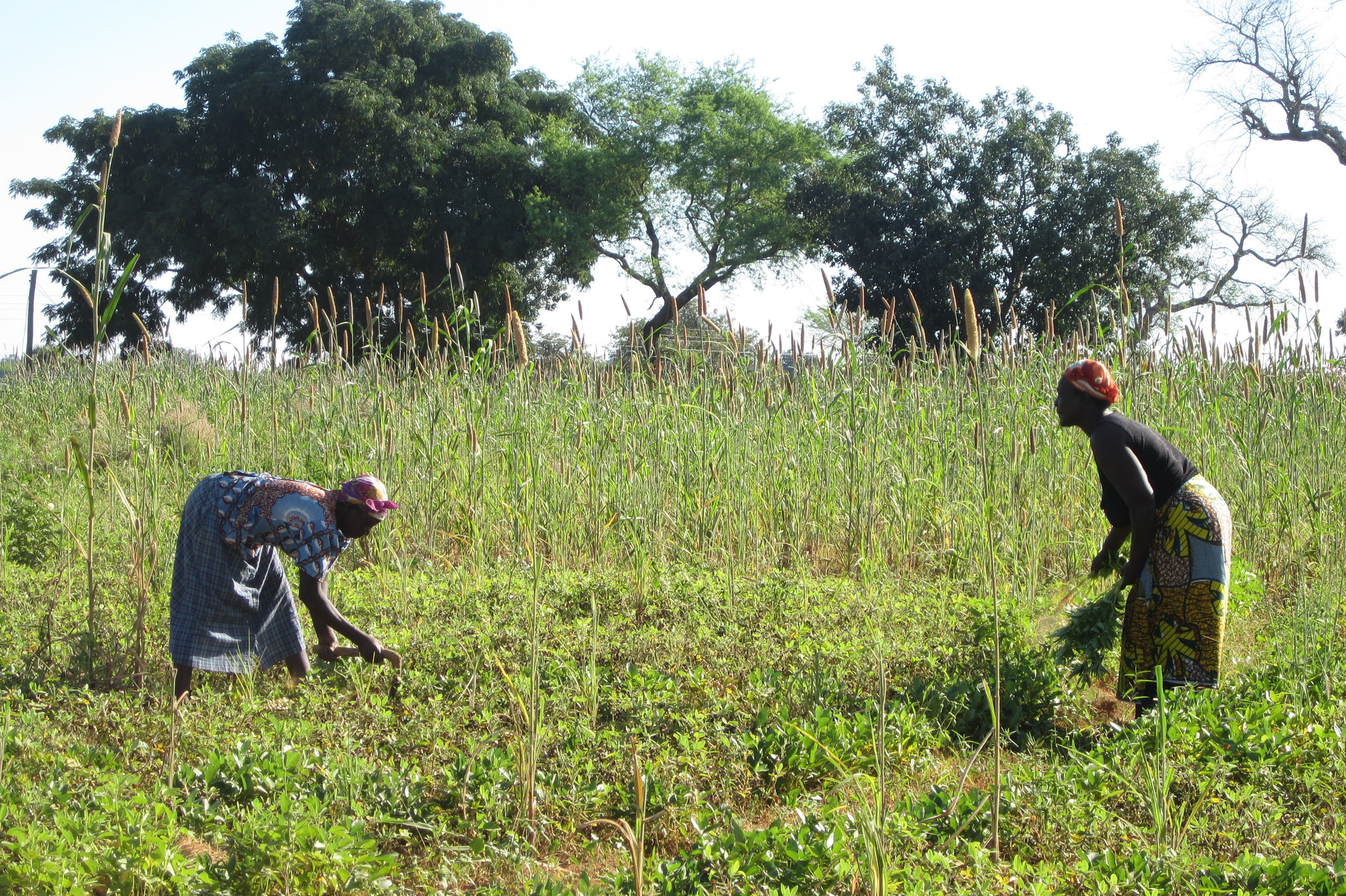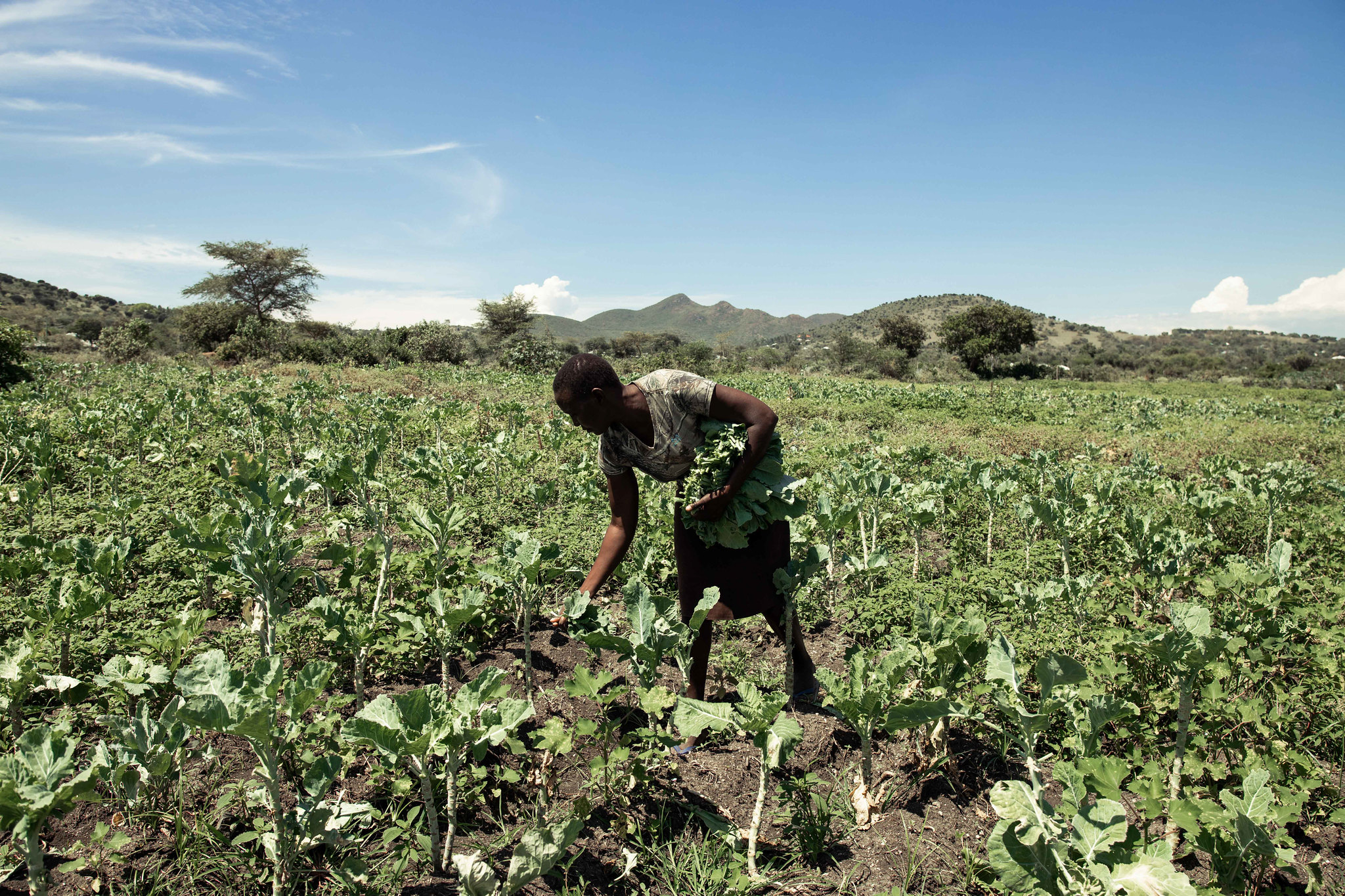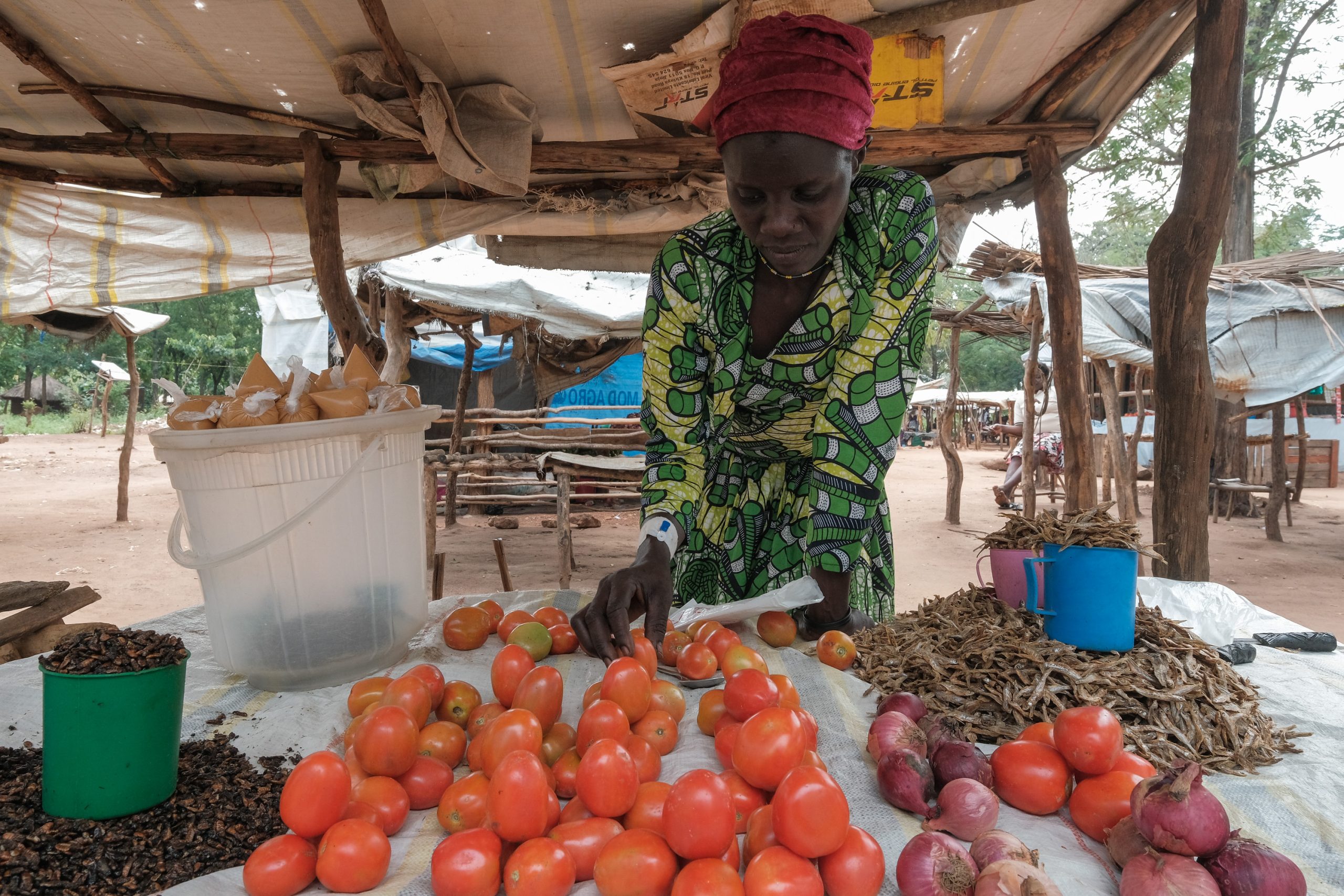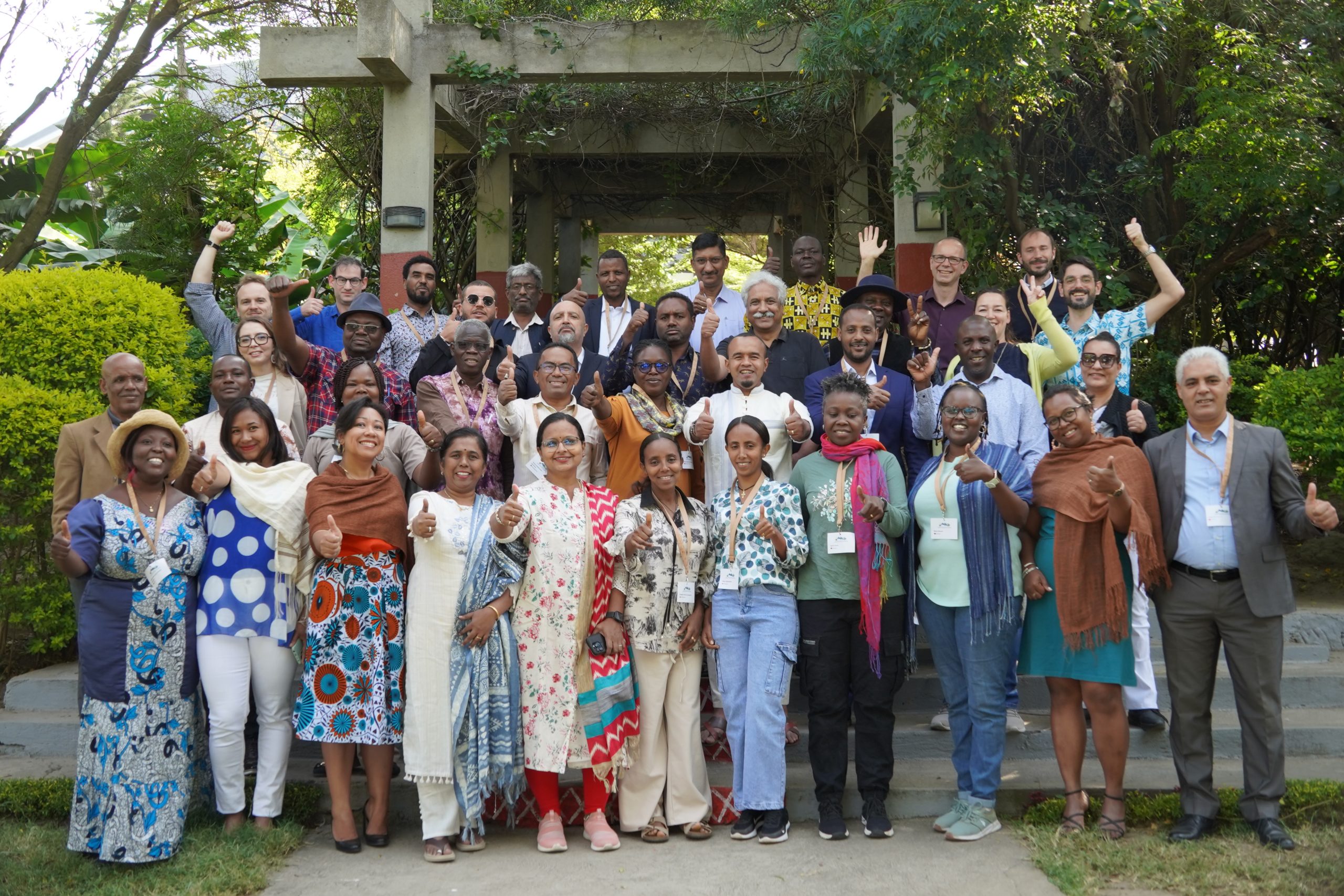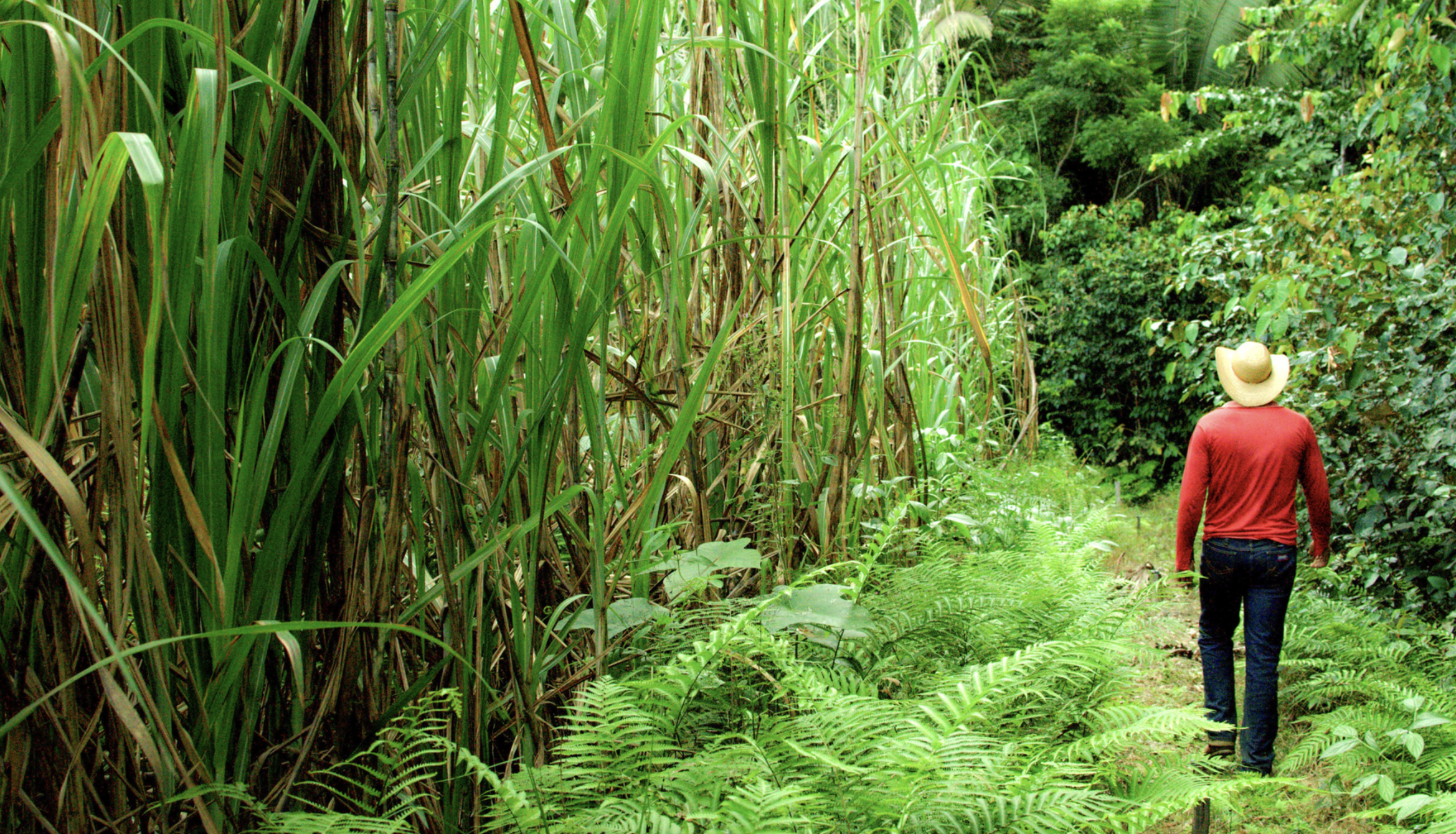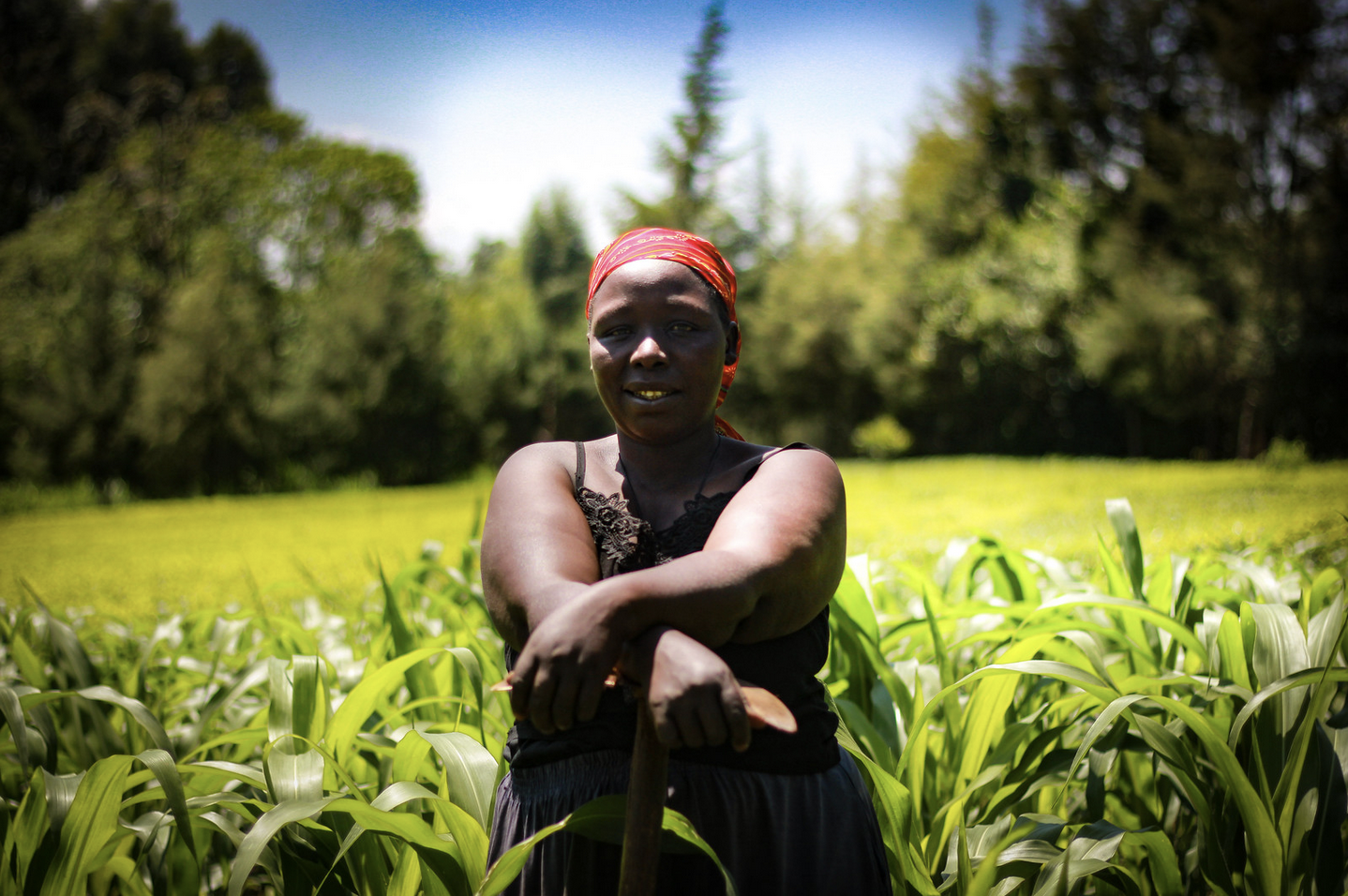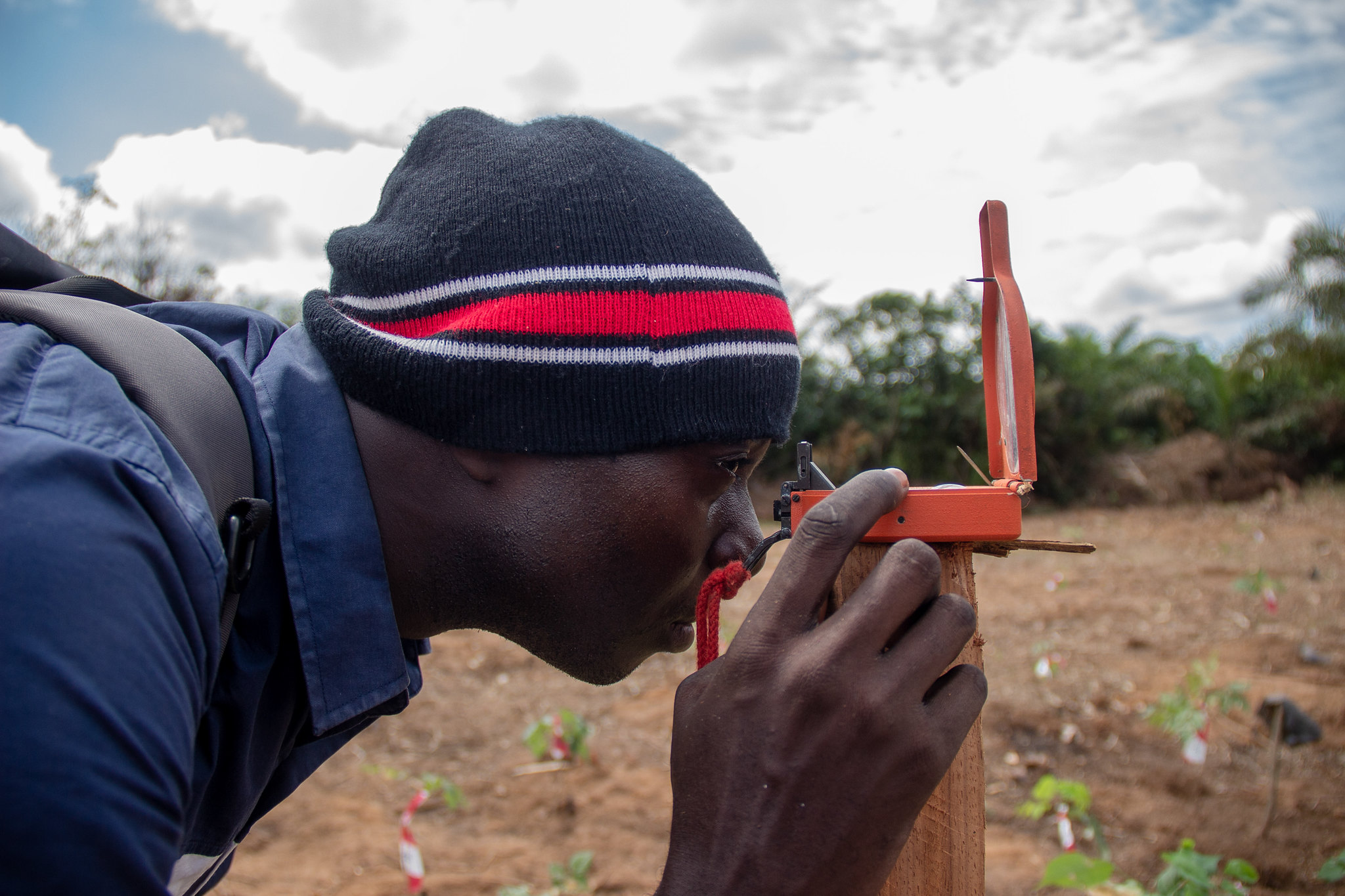Co-creating Pathways Towards a New Normal in Research, Education and Rural Advisory Systems for Agroecological Transitions and Food System Transformation Introduction This project applies transdisciplinary approaches to overcoming critical barriers and challenges for reconfiguring research, education, and rural advisory systems to enable co-creation at scale for accelerating agroecological food systems transformations. Among a series of…
Project Archives
Multifunctional Landscapes Science Program
Introduction The Multifunctional Landscapes Science Program (MFL SP) brings an innovative approach to the array of interconnected challenges that arise from and impact today’s agri-food systems. If current patterns of unsustainable production and consumption persist, global food production will have to increase by as much as 70% to feed a global population of 9.8 billion people…
Agroecology Network to promote the sustainability of food systems in West and Central Africa (RMRN-RADiUS)
Introduction Agriculture is the leading economic sector in West and Central African (WCA) countries. It is the basis of food and nutritional security for populations. It is also the main lever for reducing poverty among smallholder farmers. Despite this importance, food systems in WCA face a series of complex challenges that compromise their productivity and…
Research for Agroecology Network Southern Africa (RAENS)
Introduction RAENS (pronounced RAINS) is a project designed to establish a robust, innovative, and sustainable multi-actor transdisciplinary agroecology research and knowledge network in Southern Africa. It seeks to strengthen existing initiatives, showcase the potential and scalability of agroecology, facilitate shifts in agricultural training and research towards agroecological and regenerative ways of producing food, fibre, and…
Regional Multi-actor Research Network on Agroecology in East Africa (RMRN-EA)
Introduction It is increasingly apparent that conventional agri-food systems are failing to meet nutritional needs and are causing adverse impacts such as environmental degradation and biodiversity loss. The transition towards agroecologically based agri-food systems has been widely praised as an effective alternative pathway for developing resilient farming systems that foster food security, social equity, biodiversity…
SchoolFood4Cities: Nutrition for our Urban Future
Introduction Procurement governance and related policy tools for Home-Grown School Feeding Programmes (HGSFP) are crucial for supporting local food systems. However, there is limited research on how school food procurement contributes to strengthening communities, promoting environmental sustainability, and enhancing food and nutrition security, particularly within urban African contexts such as Arusha (Tanzania), Mbale (Uganda), and…
Agroecology Leadership Academy – Cultivating Transformation
Agriculture is crucial for many African economies. However, current agriculture and food systems face challenges due to climate change and non-climatic stresses. To address these issues, increasing resilience of food systems and ecosystems is essential, and an agroecological transition towards sustainable agri-food systems is considered a central task for the future. The EU-cofunded action “ProSilience”…
Agroecological Transitions for Climate Adaptation and Mitigation
Globally, agriculture covers 40% of the earth’s surface and food systems are responsible for one-third of humanity’s contribution to global climate change. Yet, smallholder and subsistence farmers are among the most vulnerable to climate change, facing extreme weather events and food price volatility that threaten livelihoods, biodiversity, and food security. This Agroecology4Climate project focuses on…
Strengthening the Implementation of Kenya’s Agroecology Strategy to Accelerate Food Systems Transformation
Introduction In Kenya, the proportion of the population experiencing severe food insecurity has alarmingly increased from 15% in 2016 to 28% in 2023. Additionally, the prevalence of undernourishment escalated from 22.3% in 2013, affecting 10 million people, to 29.4% in 2022, impacting 14.7 million people. These figures highlight a reversal of nearly two decades of…
Metrics: To Support Agroecological TRANSITIONS for building resilient, inclusive agricultural and food systems
Introduction The Metrics project is designed to support agroecological transitions through the development and adoption of holistic metrics and assessments for food and agricultural systems performance. To accelerate the transition towards agroecological approaches, several critical questions need to be addressed, including: how to measure agricultural performance in ways that allow equitable comparison; how to ensure…

